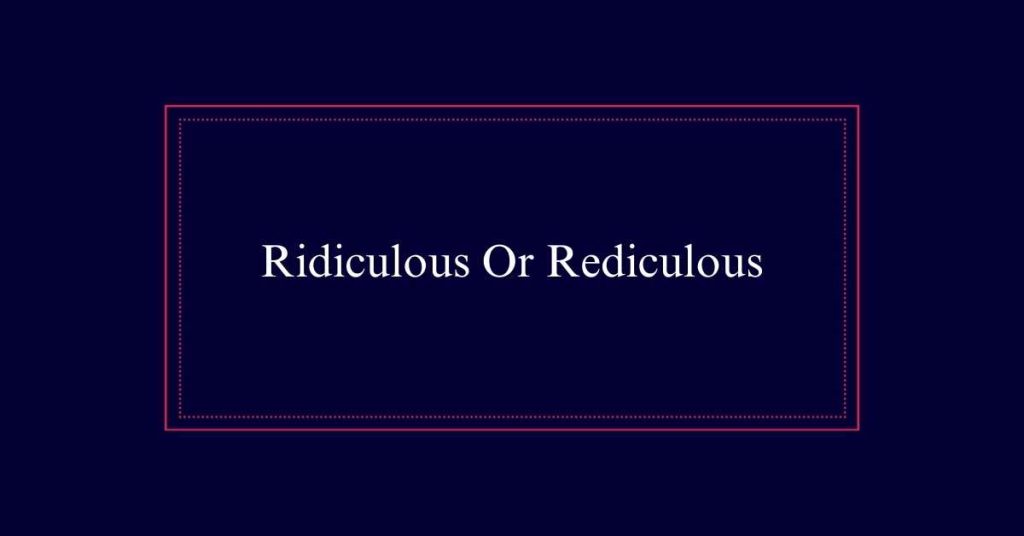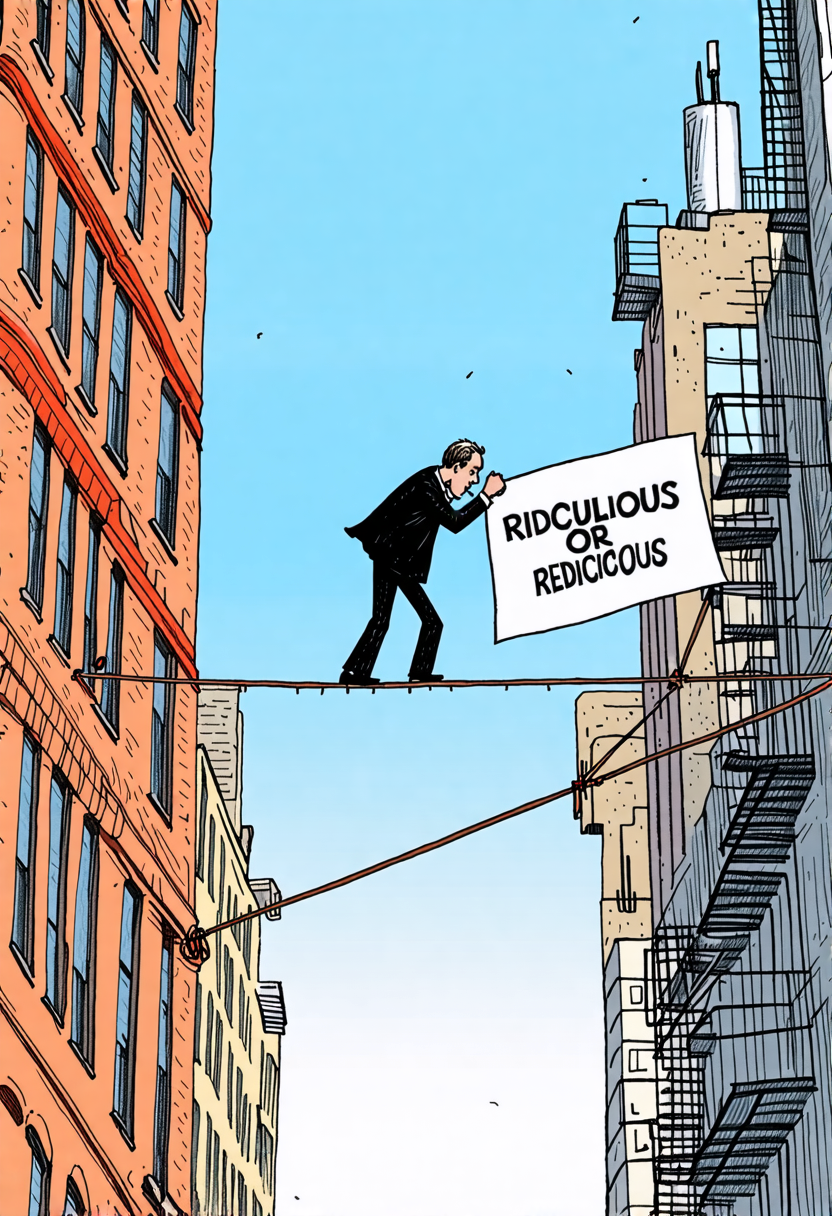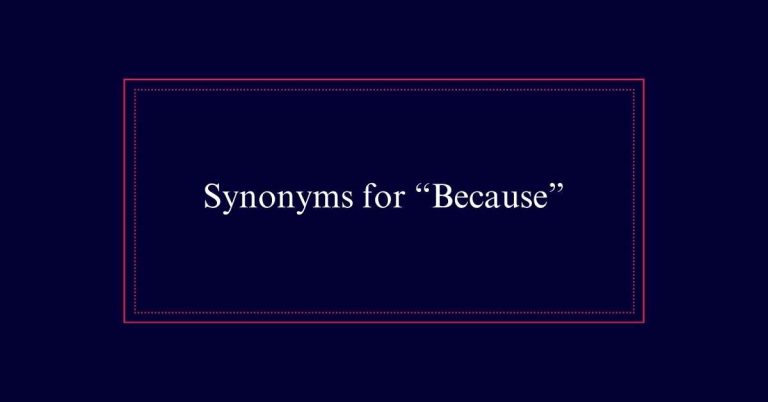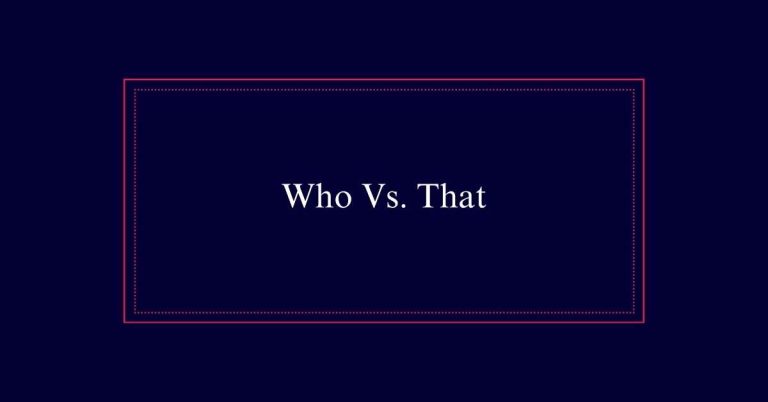Ridiculous Or Rediculous
The correct spelling is ‘ridiculous,’ not ‘rediculous.’ The term ‘ridiculous’ originates from the Latin word ‘ridiculus,’ meaning laughable or absurd. It describes things that invite mockery due to their extreme or absurd nature. Common synonyms include ‘absurd,’ ‘preposterous,’ and ‘ludicrous.’
What ‘Ridiculous’ Means
The term ‘ridiculous’ refers to something deserving of ridicule or mockery. It is an adjective used to describe things that are absurd or laughable. The word has its roots in the Latin word ‘ridiculus,’ which means laughable or funny.
When something is called ridiculous, it often invites derision or disbelief due to its extreme nature. Synonyms for ‘ridiculous’ include absurd, preposterous, and ludicrous. These words convey a similar sense of something being beyond the bounds of reason or logic.
On the other hand, antonyms for ‘ridiculous’ include sensible, logical, and reasonable, which describe things that are well-founded and rational.
Historical Origins
Tracing its roots to ancient language, the word ‘ridiculous’ originates from the Latin term ‘ridiculus.’ This Latin word means laughable or funny and is derived from ‘ridere,’ which means to laugh.
The adoption of ‘ridiculus’ into English in the 16th century marked the beginning of its usage to describe something deserving of mockery or absurdity. Over time, its spelling and meaning have remained relatively consistent.
- ‘Ridiculus’ was used in classical Latin literature.
- The term evolved in Middle English to describe absurd scenarios.
- Shakespeare frequently used ‘ridiculous’ in his works.
Common Synonyms
Exploring common synonyms for ‘ridiculous’ enhances our understanding of its nuanced usage. Synonyms such as ‘absurd,’ ‘preposterous,’ and ‘ludicrous’ convey similar meanings but can add subtle distinctions.
‘Absurd’ emphasizes a lack of logic or reason. ‘Preposterous’ highlights something that is wildly unreasonable or outrageous. ‘Ludicrous’ suggests something so foolish that it provokes laughter.
Using these synonyms can help prevent repetition and enrich communication. For instance, describing a far-fetched plan as ‘preposterous’ rather than ‘ridiculous’ can provide a sharper critique.
When to Use ‘Ridiculous’
In everyday language, ‘ridiculous’ is best used to describe situations or ideas that are absurd or laughable. This word emphasizes the extreme nature of something, often implying disbelief or disapproval. It can be employed humorously or sarcastically to downplay seriousness.
Consider these common uses:
- Exaggerated claims: ‘It’s ridiculous to think someone could run a marathon without training.’
- Outlandish behavior: ‘His suggestion to build a house on the moon is ridiculous.’
- Unbelievable scenarios: ‘The movie’s plot was so ridiculous, it was hard to follow.’
Misuse and Overuse
Misusing or overusing the word ‘ridiculous’ can dilute its impact and lead to ineffective communication. When used too frequently, the word loses its strength and significance. It becomes less effective in conveying the intended emotion or reaction. Overuse can also make the speaker appear less articulate as if relying on a limited vocabulary.

To maintain its effectiveness, ‘ridiculous’ should be used sparingly and appropriately. Consider the context and make certain it fits the situation. Alternatives such as ‘preposterous’ or ‘absurd’ can provide variety and keep communication engaging. Monitoring the frequency of use can help preserve the word’s powerful impact, ensuring it remains a potent tool in language.
Correct Spelling
The correct spelling of the word is ‘ridiculous,’ with the letter ‘i’ following the ‘d.’ Many people often confuse this with ‘rediculous,’ but that is incorrect.
To guarantee accurate spelling, remember the placement of the ‘i’ and ‘d’ in the word.
Here are some points to help:
- Common Misspellings: Watch out for ‘rediculous,’ ‘riduculous,’ and ‘ridiculous.’
- Mnemonic Device: Remember ‘I’ before ‘D’ in ‘ridiculous’ to aid memory.
- Spell Check Tools: Utilize these to catch errors and reinforce correct spelling.
Spelling Tips
To master the correct spelling of ‘ridiculous,’ remember the sequence ‘i’ before ‘d.’ This small tip can help avoid common mistakes, such as writing ‘rediculous.’
Visual aids like flashcards can reinforce this spelling pattern. Say the word aloud, emphasizing the ‘i’ sound. This auditory method can create a stronger memory link.
Incorporate spelling exercises into your daily routine. Writing the word multiple times can solidify the correct sequence in your mind.
Additionally, use mnemonic devices. For instance, think of ‘ridiculous’ as ‘I am ridiculous’ to remember the ‘i’ placement.
Strategic Impact
Using ‘ridiculous’ strategically can enhance the impact of your communication. This word is powerful when used to express strong emotions or highlight absurdities. Its effectiveness depends on how and when it is employed. Overuse can dull its impact, so it is crucial to be selective.
- Context: Make sure ‘ridiculous’ fits the situation, enhancing the message.
- Frequency: Use sparingly to maintain its emphasis and avoid dilution.
- Alternatives: Consider synonyms like ‘outrageous’ or ‘absurd’ to diversify your vocabulary.
Pop Culture Examples
In popular culture, the word ‘ridiculous’ is often employed to describe exaggerated or extreme situations for comedic effect. Comedy films and TV shows frequently use ‘ridiculous’ to highlight absurd scenarios, amplifying humor.
For instance, characters in sitcoms might refer to an outlandish plot twist as ‘ridiculous,’ underscoring its implausibility. Memes and social media posts also leverage ‘ridiculous’ to convey disbelief or amusement, solidifying its place in internet culture.
Iconic moments, such as a character’s exaggerated reaction or a wildly improbable event, are labeled ‘ridiculous’ to emphasize their comedic nature. These uses make ‘ridiculous’ a staple term in describing laughable or extreme situations, enhancing the humor and relatability of pop culture content.
Modern Trends
Amid evolving communication styles, the use of ‘ridiculous’ continues to adapt, reflecting modern trends in language and expression. In the digital age, ‘ridiculous’ often captures the essence of viral content and memes. Social media platforms amplify its use, making it a staple in online conversations.
- Viral Memes: ‘Ridiculous’ is frequently used in captions to describe absurd or funny images and videos.
- Social Media: The word gains traction in tweets, posts, and comments, highlighting extreme reactions or disbelief.
- Influencers: Content creators use ‘ridiculous’ to engage audiences, often in humorous or exaggerated contexts.







